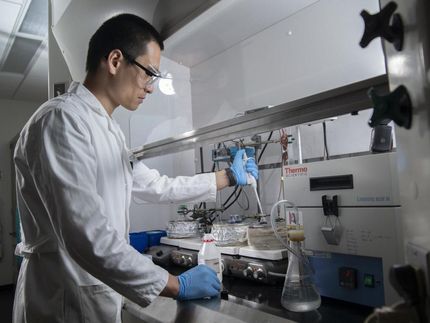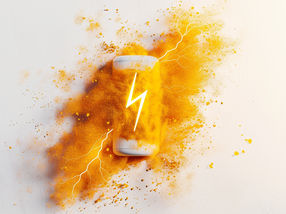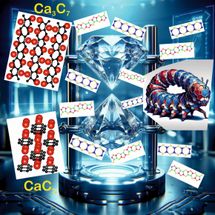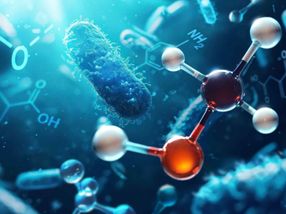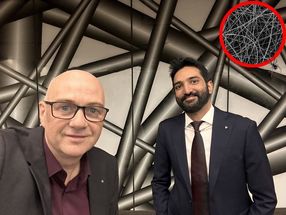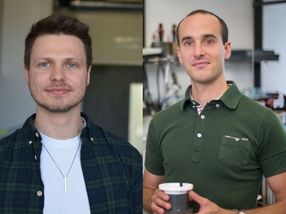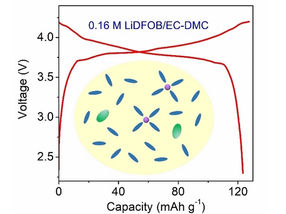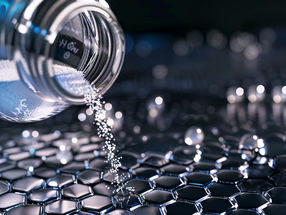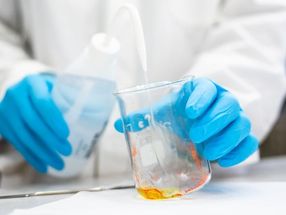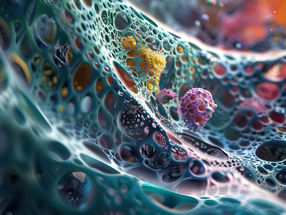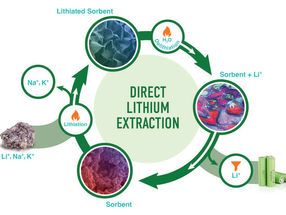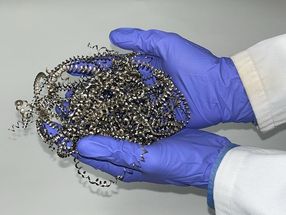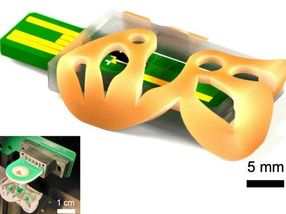Brookhaven Lab Scientists Discover Gold Clusters Stabilize Platinum Electrocatalysts For Use in Fuel Cells
platinum is the most efficient electrocatalyst for accelerating chemical reactions in fuel cells for electric vehicles. In reactions during the stop-and-go driving of an electric car, however, the platinum dissolves, which reduces its efficiency as a catalyst. This is a major impediment for vehicle-application of fuel cells.
Now, scientists at the U.S. Department of Energy's Brookhaven National Laboratory have overcome this problem. Under lab conditions that imitate the environment of a fuel cell, the researchers added gold clusters to the platinum electrocatalyst, which kept it intact during an accelerated stability test. This test is conducted under conditions similar to those encountered in stop-and-go driving in an electric car. The research is reported in the January 12, 2007, edition of the journal Science. Brookhaven's Chemistry Department researchers Junliang Zhang, Kotaro Sasaki, and Radoslav Adzic, along with Eli Sutter from Brookhaven's Center for Functional Nanomaterials, authored the research paper.
In the unique method developed at Brookhaven, the researchers displaced a single layer of copper with gold on carbon-supported platinum nanoparticles. After being subjected to several sweeps of 1.2 volts, the gold monolayer transformed into three-dimensional clusters. Using x-rays as probes at Brookhaven's National Synchrotron Light Source, a scanning transmission microscope at Brookhaven's Center for Functional Nanomaterials, and electrochemical techniques in the laboratory, the scientists were able to verify the reduced oxidation of platinum and to determine the structure of the resulting platinum electrocatalyst with gold clusters, which helped them to gain an understanding of the effects of the gold clusters.
In the Brookhaven experiment, the platinum electrocatalyst remained stable with potential cycling between 0.6 and 1.1 volts in over 30,000 oxidation-reduction cycles, imitating the conditions of stop-and-go driving. "The gold clusters protected the platinum from being oxidized," Adzic said. "Our team's research raises promising possibilities for synthesizing improved platinum-based catalysts and for stabilizing platinum and platinum-group metals under cycling oxidation/reduction conditions."
Most read news
Other news from the department science

Get the chemical industry in your inbox
From now on, don't miss a thing: Our newsletter for the chemical industry, analytics, lab technology and process engineering brings you up to date every Tuesday and Thursday. The latest industry news, product highlights and innovations - compact and easy to understand in your inbox. Researched by us so you don't have to.
